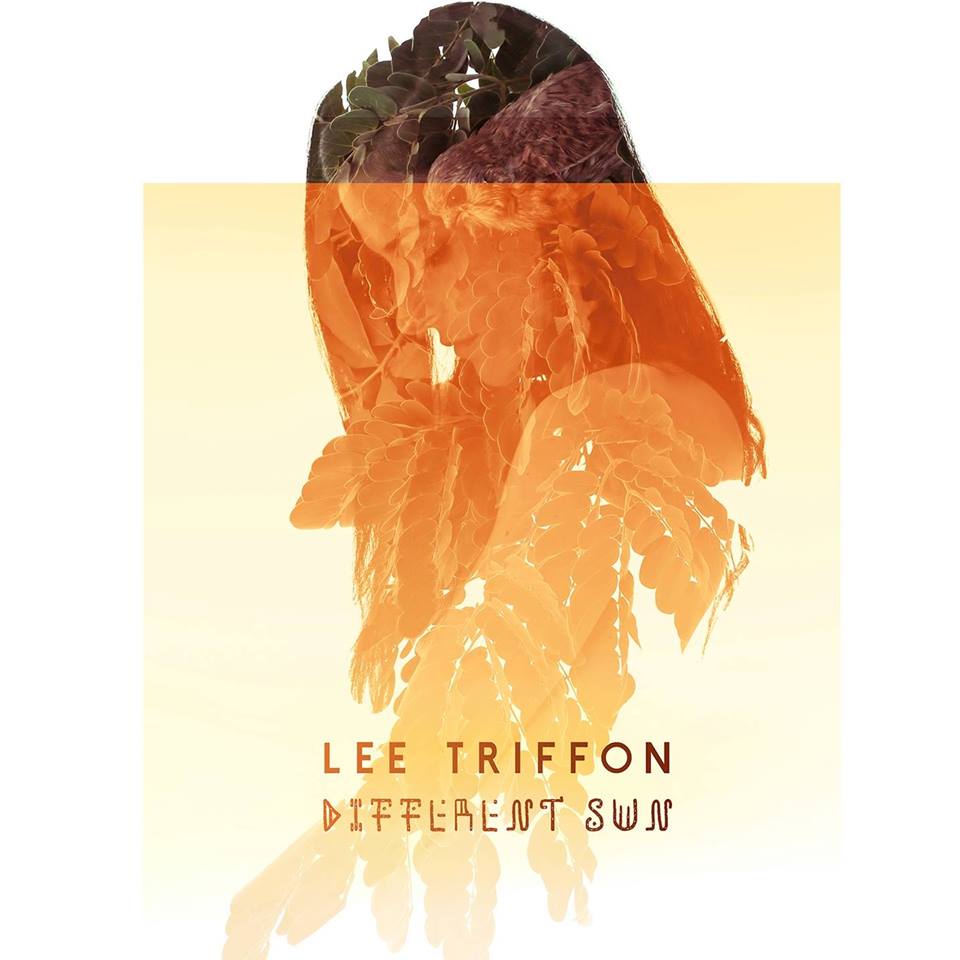Ganser Teams Up with Indie Rock Veterans for a Daring Remix EP


Chicago post-punk quartet Ganser transcend genre with their five-song remix EP Look at the Sun, which dropped on Felte Records May 6. Using tracks from their 2020 LP Just Look at That Sky, artists Bartees Strange, Sad13 (Sadie Dupuis of Speedy Ortiz), GLOK (Andy Bell of Ride), Algiers, and Adam Faulkner (Girl Band) showcases indie rock’s range while building on the chaos and disillusionment of the source material.
Ganser is Alicia Gaines (vocals, bass), Nadia Garofalo (vocals, keyboards), Brian Cundiff (drums), and Charlie Landsman (guitar): moody rock n’ rollers indebted to bands ranging from Sonic Youth to Durutti Column. Their name comes from a mental health condition where a person apes the signs of a physical or mental illness without “really” being sick. Unsurprisingly, the group is at their strongest exploring that gray area between seeming and being unwell. Gaines describes them as an “inward facing” band.
In the ultimate unplanned irony, Just Look at That Sky—a meditation on times of uncertainty—went live on July 31 of last year. The cover is a matte goldenrod with a circle cutout revealing a black and white photo of a woman’s face. She’s wearing circular glasses that feel both high-fashion and nautical—almost goggle-like. In the reflection are two towering buildings. All the promotional material show the record against what reads like an ’80s vacation photo of ocean expanse.
It feels both serene and uncanny, both for the endlessness of the waves and how the image sits rendered in time. Against the water, the yellow reads like a geometric diving helmet pumping oxygen to the woman as she… swims toward somewhere unfamiliar? says goodbye as she plunges into water? observes at a gentle, bobbing remove? It’s worth noting Gaines—who handles the band’s artwork—is an award-winning graphic designer.
Yes, an emerging act delivered something that promised to be an existential puzzler when racial and economic tensions exacerbated by the pandemic were especially palpable. This strongly lured some while repelling others, making the album a sleeper hit that wasn’t much championed until end-of-year lists arrived. The music itself is familiar without feeling derivative—a heady cloud of the most swaggering punk bands and indie acts from the past 40 years. What did cigarette ads used to say about filters? “All of the flavor gets through.”
With two women sharing vocals in the band—one of whom is Black—it’s easy to be tempted to use identity as the primary lens for examining Ganser’s music. We’re in a cultural moment where so much art from marginalized creators is evaluated based on how affirming it is to people who reflect the creators’ identities—or how instructive it is for everyone else. But Just Look at That Sky isn’t about the unique experience of identity; it’s ’90s-heavy art rock about collectively feeling uneasy—not how any one individual arrives at that emotion so much as what it’s like being there. As Mia Hughes noted in Clash magazine: “It’s perhaps a political record, but only as far as our lives are political.”
Ganser is a mix of art school alumni, service workers, and freelancers. Some are Jewish, some are queer. They’re all millennials who’ve survived two recessions, and since the pandemic they’ve suffered personal and professional losses because of COVID-19. When it comes to capturing unease, each member has a lot of reference material, to say the least.
“Half of art is being able to tell a good joke,” explains Gaines. “The joke’s not always funny, but it’s about framing or contextualizing it so it lands. That’s the only way I can think to describe it. Post-punk is getting narrowed down to a very small little box of dudes shouting and trying to, like, out Nick Cave each other. I consider us art rock because, to me, art rock’s aim is to be amusing to the people that compose it. It forces listeners to think about how we got to the punchline.”
On Look at the Sun, the punchline doesn’t change so much as get rearranged. Looking at the sun is honing in on one piece of the sky. It can mean basking in the day’s glow as much as burning your retinas, and that tension is what this EP captures. The most compelling tracks are “Bad Form (Sad13 Remix)” and “Self Service (Adam Faulkner/Girl Band Remix),” which lend a haunting dreamlike quality to songs about feeling surrounded by people who ask for too much while giving little in return.
But the standout is “Told You So (Algiers Remix).” The song opens with an eager drum rhythm appropriate for a seventies car chase. In comes a distorted clip of art historian John Berger reading from his approach-defining classic Ways of Seeing: “To be naked is to be without disguise. To be on display is to have the surface of one’s own skin, the hairs of one’s own body, turned into a disguise which cannot be discarded.” Then abolitionist Angela Davis says: “Revolutionary hope resides precisely among those women who have been abandoned by history and who are now standing up and making their demands heard.”
The beat jolts forward, and in rushes Gaines’s voice—once languid and resigned, now reverberating with a dismissive, dance-y confidence. The song has an energy like DJ Keoki’s “Speed Racer” (minus all the sex jokes, plus mega cool-girl mystique). While Ganser is not a “political” band—that is, they don’t typically address politics head on through their music—the new introduction reframes lyrics like “Onwards and upwards/Almost gone/It’s nothing like dying/Nothing like me.” The words sound less self-pitying and more self-righteous, necessarily confrontational in a way that’s exciting and free.
If you follow Ganser on Twitter, you know that’s who they are at their core, but it doesn’t always translate to their music. That Algiers emphasizes this isn’t as much a revelation as a “HELL YES, THANK YOU!” Until the pandemic, Ganser was slated to tour with them. Hearing this track, it’s easy to imagine the raucous magic they would’ve brought to a shared stage.
“Before the world stopped, we were running around a million miles a minute,” explains Gaines. “We didn’t have time to wonder, like, ‘Why aren’t we getting booked for more support tours? I guess we have to keep trying. Or we suck.’ Once the album campaign started, we were getting in print magazines in the UK, but nobody would answer our emails back home.
“After a while, it was really jarring, but then it became pretty clear what was going on. We can’t help if people are intimidated by women expressing ugly emotions or intimidated by a Black person playing an instrument. I don’t know, I can’t read their minds. We’re just going to keep doing what we’re doing. We hide puns and jokes on our record. There’s a lot of layers. I guess people can just catch up.”
Chicago’s certainly there. Ganser might be the city’s best kept secret. The post-punk quartet recently won a donor-nominated Sustain Chicago Music grant. They’re headlining a nearly-sold out three day stint at the Empty Bottle, one of Chicago’s most taste-defining indie venues. In the Reader’s “Best of Chicago 2020,” they were voted audiences’ second favorite punk band (Rise Against took first, which I have MANY questions about). And in September, Ganser will make their Riot Fest debut. Not bad for a group whose sophomore release arrived in the middle of a public health crisis.
While the band is still coming into their own, their future should prove interesting. Is the rest of the world ready for such a promising powerhouse?
Follow Ganser on Facebook and Instagram for ongoing updates.




